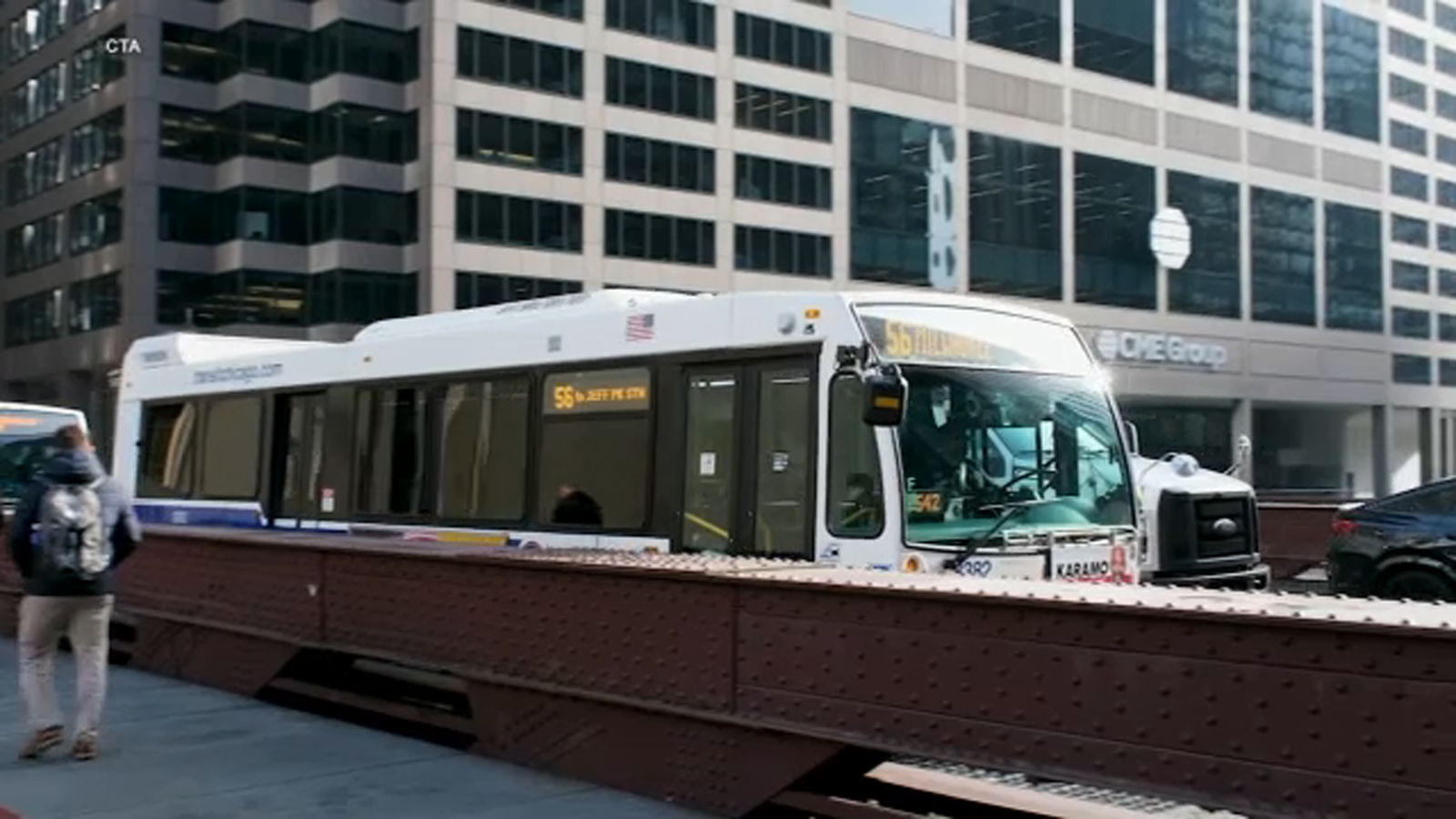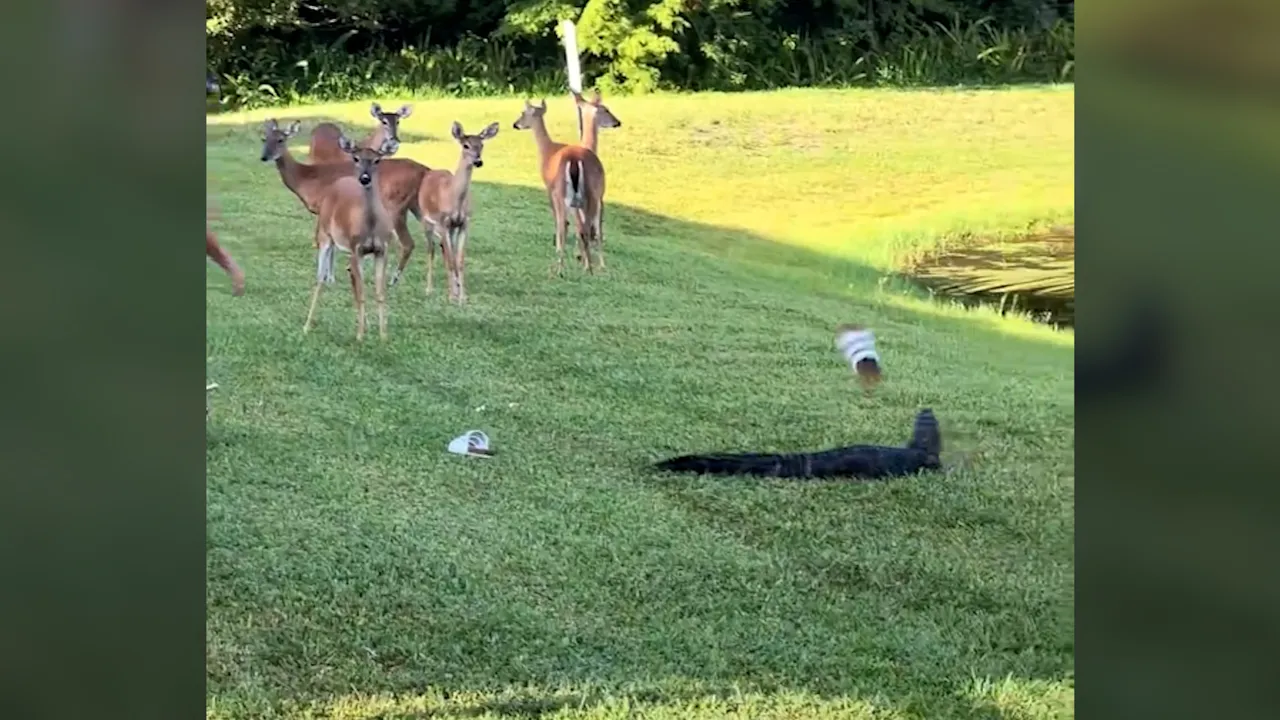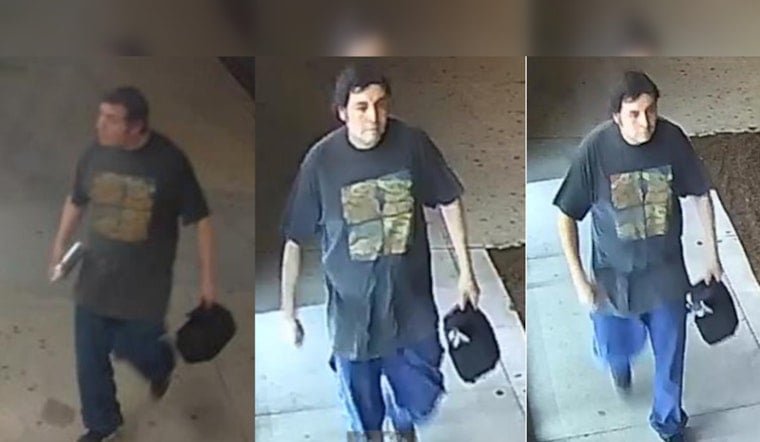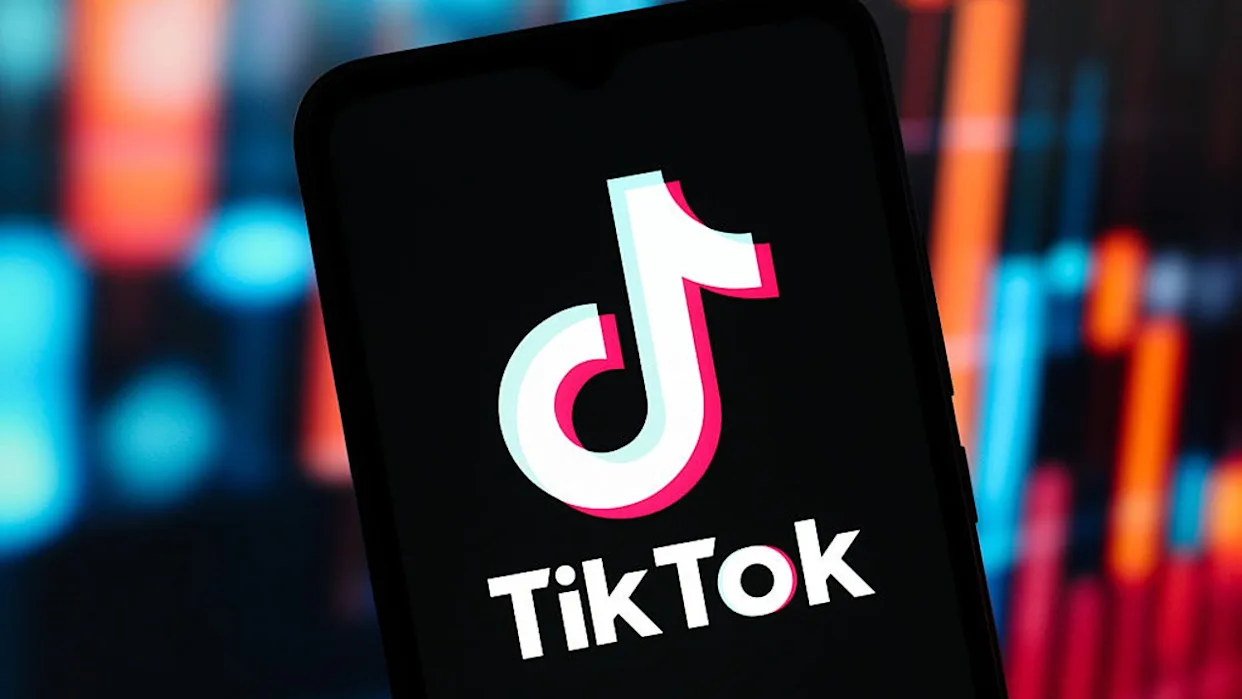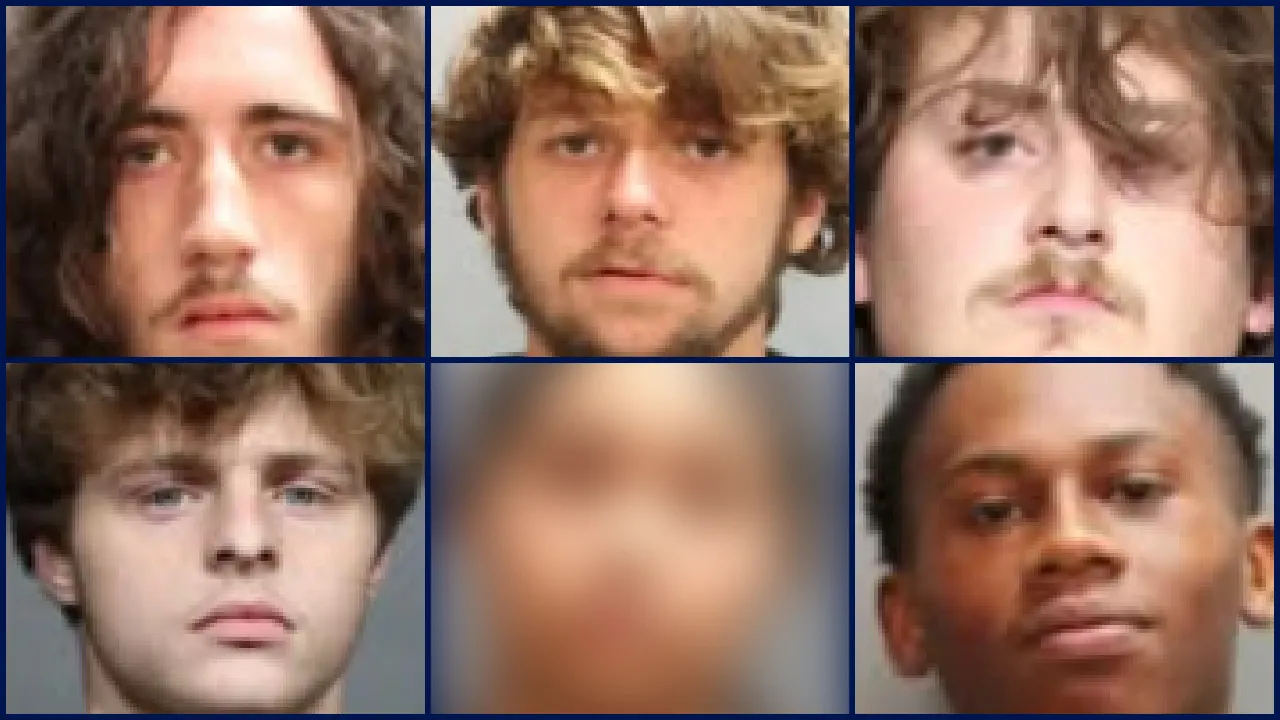CHICAGO — With a looming $771 million budget shortfall, Chicago’s public transportation systems are on the brink of crisis after the Illinois House declined to act on a sweeping transit funding and governance plan passed by the Senate.
For over a year, legislators have worked toward restructuring oversight of the Regional Transportation Authority (RTA), CTA, Metra, and Pace. But in the final hours before the May 31 legislative deadline, momentum collapsed in the House, stalling both funding and structural reforms that had gained bipartisan traction.
What’s at Stake for Transit Agencies
The failure to pass the proposed legislation leaves major transit systems in limbo. Without new revenue, service cuts, fare hikes, and furloughs could soon become reality. RTA Chair Kirk Dillard warned that contingency planning must begin immediately — a sign that so-called “doomsday” scenarios are now on the table.
The Senate’s proposal included the formation of a new Northern Illinois Transit Authority (NITA), a super-agency with power to set fares, budgets, and even replace transit leaders. But by combining funding fixes with structural reforms into a single bill, supporters may have overplayed their hand, resulting in House inaction.
Suburban Concerns Over Representation
A significant sticking point centers on governance fairness. As reported by the Chicago Tribune, Sen. Don DeWitte (R-St. Charles) and other suburban officials argue that the proposed NITA board would unfairly tilt power toward Chicago appointees, potentially sidelining collar counties.
DeWitte also raised concerns about a tollway surcharge — up to $1 per day — which would disproportionately impact suburban commuters. Meanwhile, Rep. Kam Buckner (D-Chicago) pushed back, noting that 25% of toll revenues already come from out-of-state drivers, benefiting Illinois overall.
Proposed Revenue Ideas Still Under Debate
Several revenue-generating ideas remain on the table, including:
-
A $1.50 statewide tax on app-based delivery services — criticized as potentially regressive.
-
A 10% tax on ride-share services — supported as transit-related.
-
Extension of Chicago’s property transfer tax to suburbs — controversial unless funds go directly to transit.
-
CTA and Metra fare hikes — considered overdue by some lawmakers.
However, none of these proposals have yet gained enough support to move forward.
Special Session on the Horizon?
Panelists at a recent City Club of Chicago event, including Buckner and DeWitte, hinted at a possible August special legislative session, potentially during the Illinois State Fair, to resume transit talks. Without significant behind-the-scenes progress by then, fall sessions in October may be the next window.
Transit advocates fear delay could unravel months of negotiations. “There’s work to do right now,” Buckner stressed during the panel. “Otherwise, a summer session can’t succeed.”
Read More: Chicago Mayor Expected to Veto Teen Curfew Ordinance, Raising Safety Concerns Downtown
Why It Matters
Millions across Chicago and Illinois rely on public transit for daily commutes. The current funding gap threatens not just Chicagoans, but also passengers in Rockford, Springfield, and Peoria. With no resolution in sight, summer will be a critical window for lawmakers to avert further disruption.
Have you or your family been affected by CTA or Metra delays? Tell us your story in the comments on ChicagoSuburbanFamily.com. Your voice matters as lawmakers consider major changes to the transit system.

